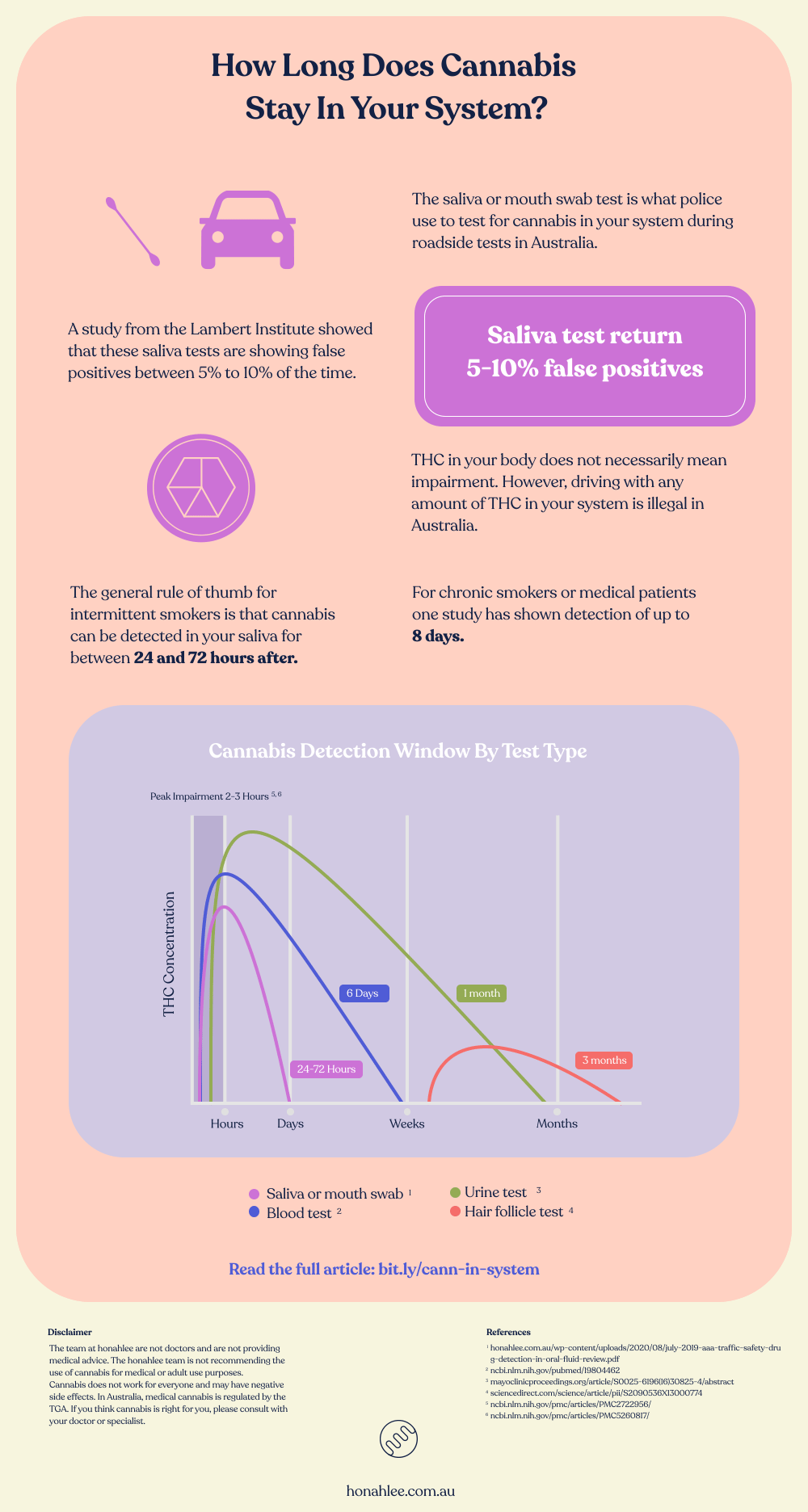As someone working in the cannabis space, I constantly see people asking questions about their prescription cannabis and driving or raising their concerns about what could happen to them or how cannabis has changed their lives. Here are two quotes that I think sum up both the benefits of cannabis (for some) and the stupidity of our current laws regarding medicinal cannabis and driving.
I’m a legal patient, and I’m too anxious to drive. Even if it’s been a couple of days or longer, I’m still worried that because of my medical cannabis use, I could lose my license or, worse – go to prison for using a medicine that means I’m not bedridden and actually have the choice to go somewhere.
But, because of the law, I can’t drive…it’s the worst catch 22 ever. I’m finally able to go somewhere and do things, but I can’t.
I’m currently unemployed and can’t get employment if I can’t drive.
It’s horrible… if I go back to pharmaceuticals (Oxycontin, Lyrica, Valium or even Subutex), I would be allowed to drive – but I’d go back to being incapacitated and suicidal.
Anonymous Medicinal Cannabis Patient
Lyrica is one of the worst drugs I’ve ever taken. I just wanted to kill myself the whole time. Now I’m taking medical cannabis, and my life has changed for the better. The fact they test for presence and not for impairment shows how unjust the law is.
Steve, NSW
These prescription drugs that make people suicidal are the medications that our doctors are so comfortable prescribing and often preferable to (over cannabis).
It’s not all black and white
Unfortunately, our current laws are pretty black and white.
- if you have cannabis in your system – defined as THC present in your mouth – you cannot legally drive
Fun fact: Tassie is the only location in Australia with a medical defence (but it’s unclear whether you needed to get it prescribed via the tassie system – which is currently almost impossible – to change on July 1 when all GPs in Tassie will be able to prescribe).
What’s not black and white is how long cannabis stays in your system, particularly in your saliva. It’s also unclear why the government continues to test for presence when patients can beat the system if they really want to and when the tests we use are incredibly inaccurate.
THC only gets into saliva in the first place due to contamination of the oral cavity when you consume cannabis. So, it’s only when you use cannabis by smoking, vaporisation, eating or via any other way that it comes into direct contact with your mouth that you’ll actually end up with THC in your saliva.
Tom Arkell, The Lambert Initiative For Cannabinoid Therapeutics
Why the system is just wrong
There are several problems with this current system. Here are eight undeniable reasons that the system is wrong, broken and discriminatory:
- Presence doesn’t mean impairment.
- The time THC can stay in your system is different for each person.
- No matter what anyone tells you about how long to wait – they aren’t 100% correct (refer to point 2).
- THC can be present in your mouth via transfers (being around someone who is smoking/vaping and theoretically even kissing someone after they’ve consumed cannabis.
- No one knows how much THC in any one medication will show up on a roadside swab. For example, the over the counter CBD is allowed to have up to 1% – that may actually show up on a saliva test.
- The tests can be beaten if you put an oil or activated flower in a capsule (unless you burp it up in which case it might be in your mouth).
- The roadside swabs regularly give false positives and false negatives.
- Legally prescribed medical cannabis is the only prescription medication without a legal defence for presence (when not impaired). Discrimination.
So, if you take a medication with any THC, then it’s really up to you to decide whether or not you ‘risk’ it. If you do get caught, you can lose your license. However, if you get caught and are not impaired, make sure you stay calm and ask the officer (at a strategic time) if they think you’re impaired and ask for an impairment test.
And, then, as long as you’re not impaired, please reach out to the Drive Change team and tell us your story – someone may be able to help you out.
For more info about the details around cannabis and driving you visit honahlee’s cannabis and driving article.
Here’s an image that gives people a quick overview of the cannabis in their system research:

IMPORTANT: Please also note nothing above is legal advice – the author Thomas Brown – is not a lawyer.
